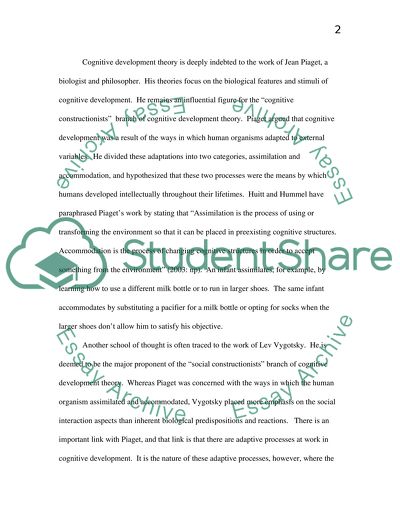Cite this document
(“Cognitive Development: Two Competing Schools of Thought Essay”, n.d.)
Retrieved from https://studentshare.org/education/1523984-cognitive-development-two-competing-schools-of-thought
Retrieved from https://studentshare.org/education/1523984-cognitive-development-two-competing-schools-of-thought
(Cognitive Development: Two Competing Schools of Thought Essay)
https://studentshare.org/education/1523984-cognitive-development-two-competing-schools-of-thought.
https://studentshare.org/education/1523984-cognitive-development-two-competing-schools-of-thought.
“Cognitive Development: Two Competing Schools of Thought Essay”, n.d. https://studentshare.org/education/1523984-cognitive-development-two-competing-schools-of-thought.


